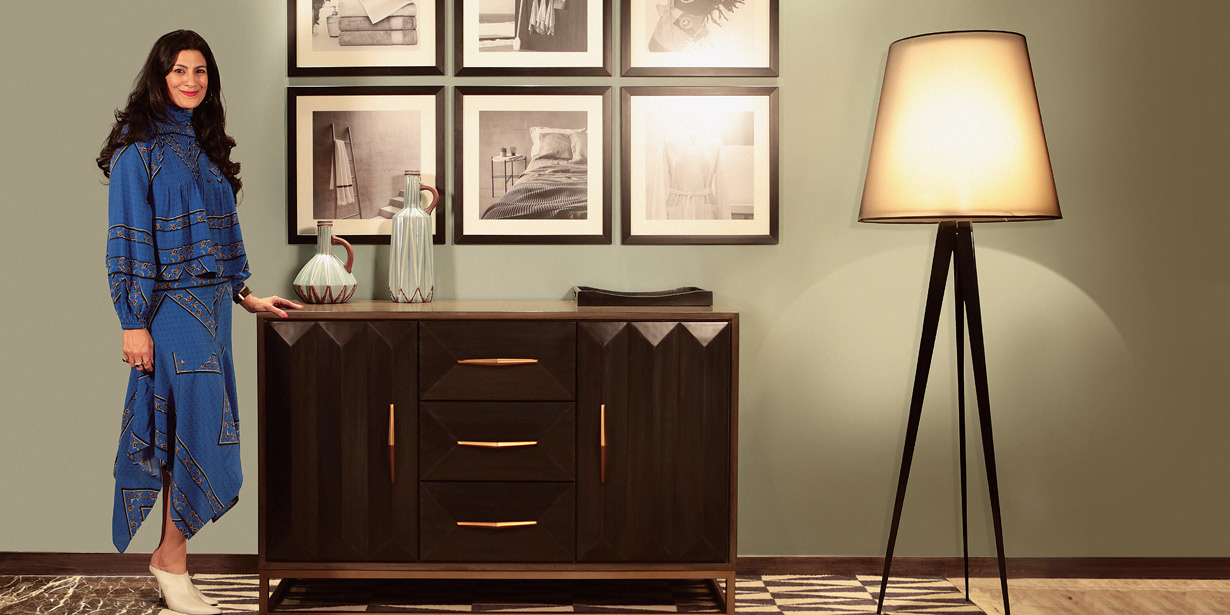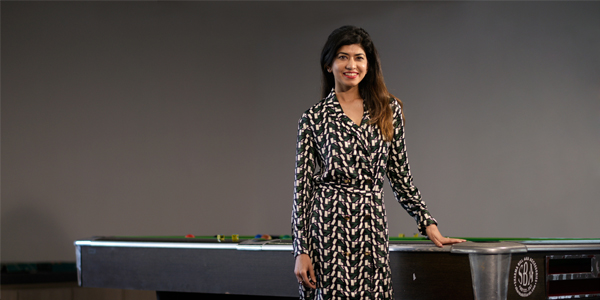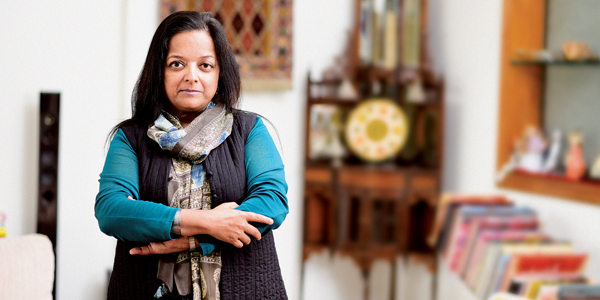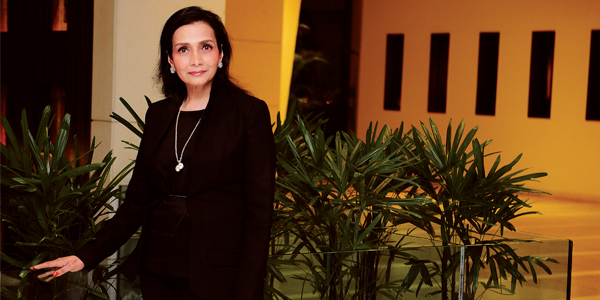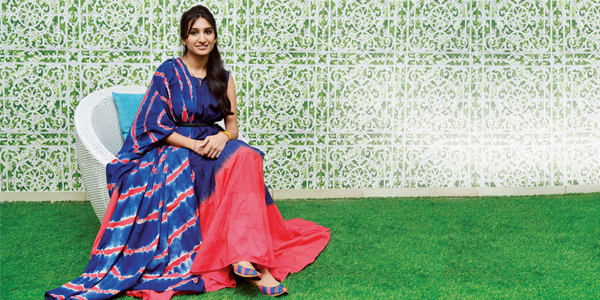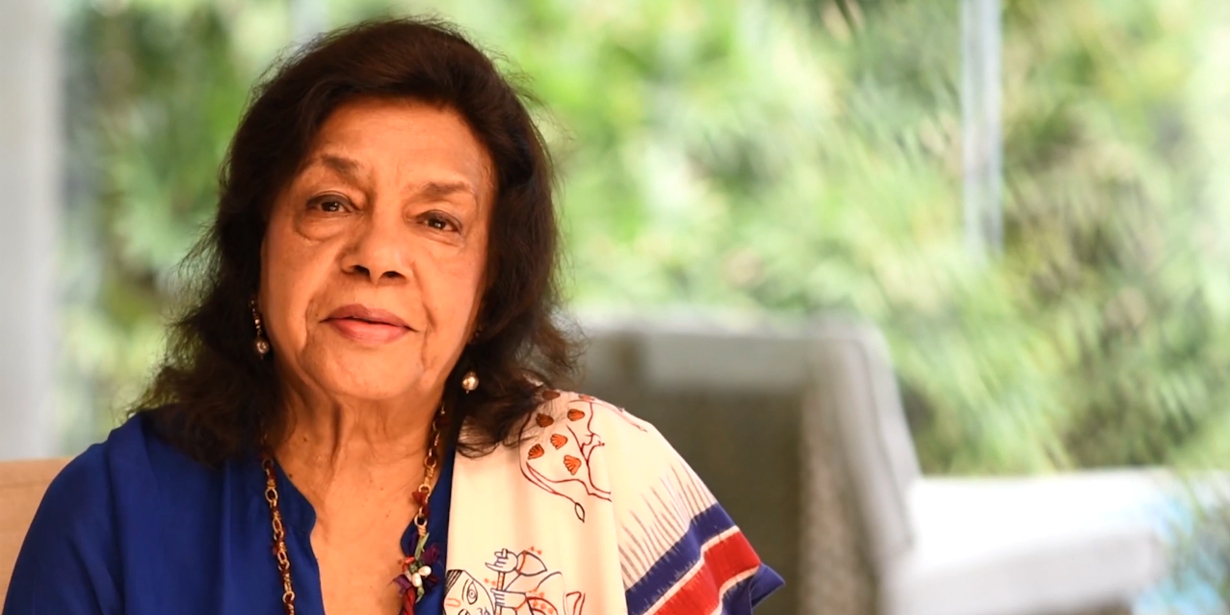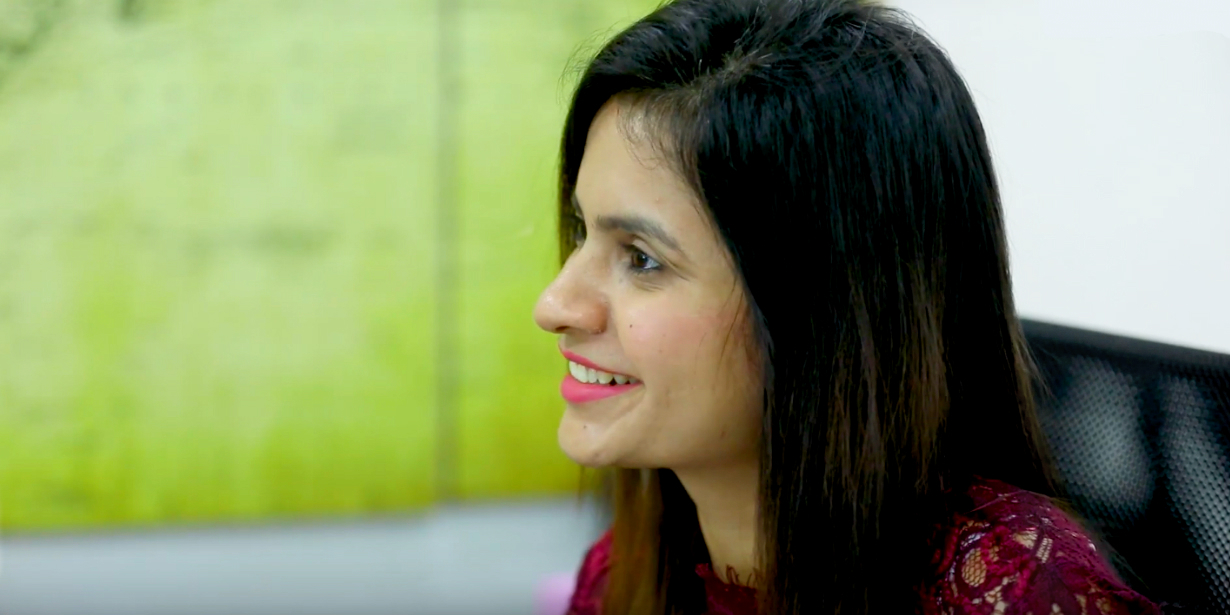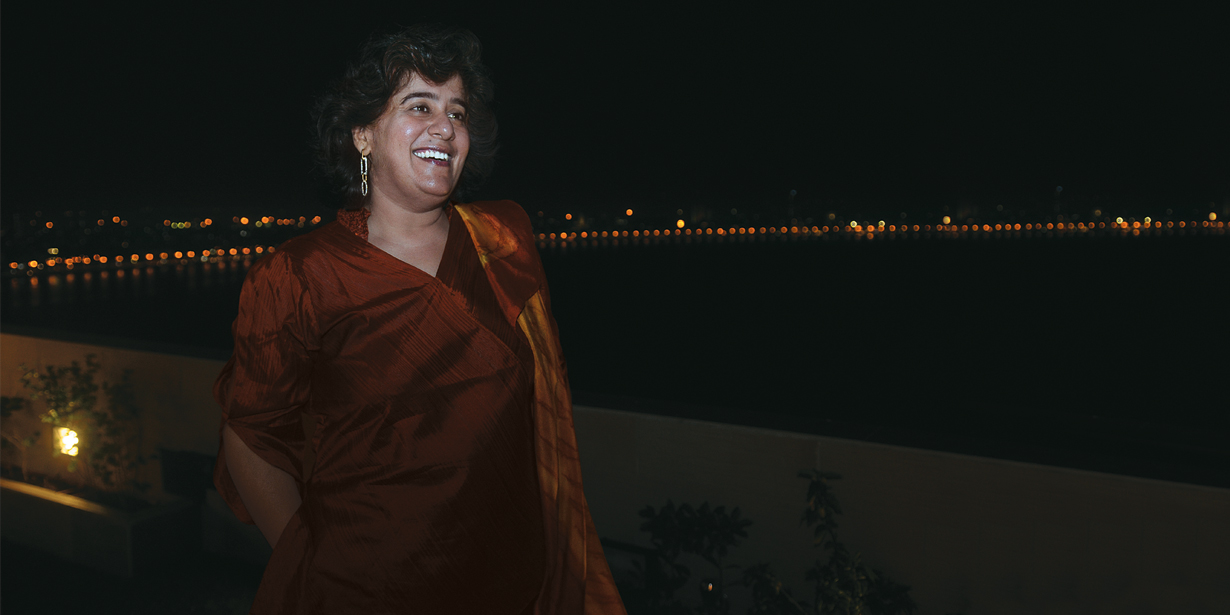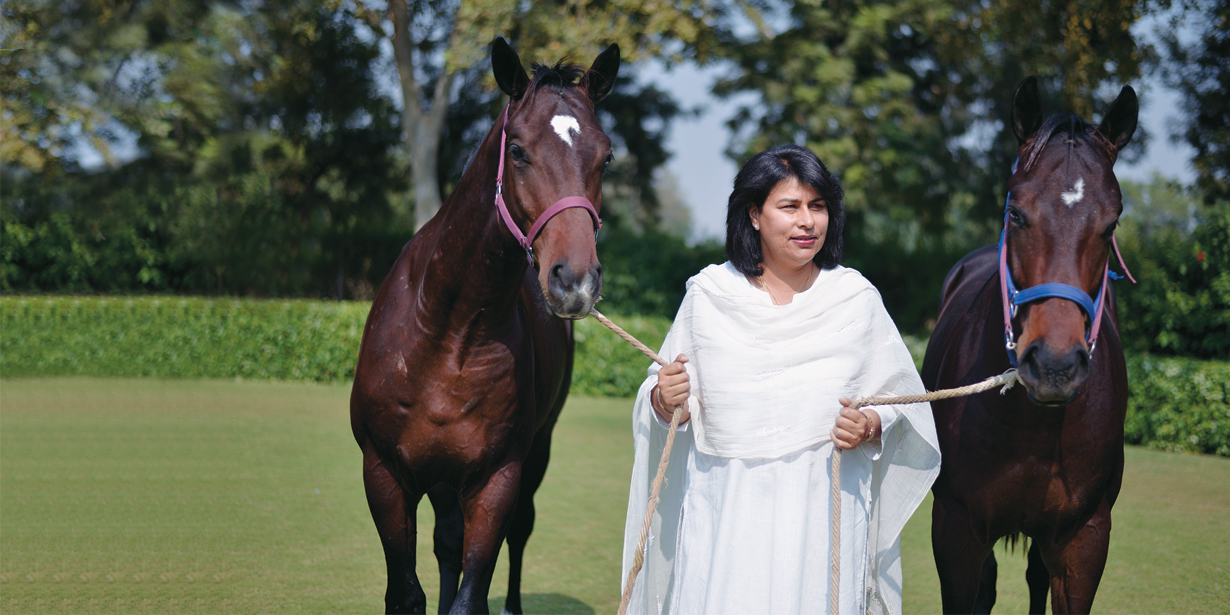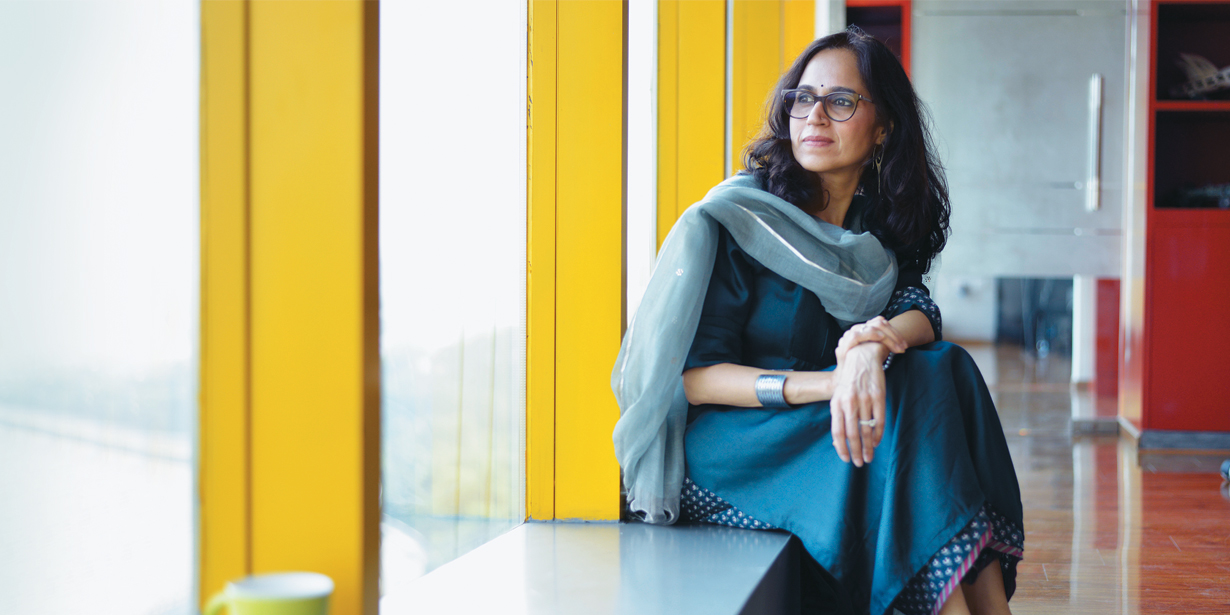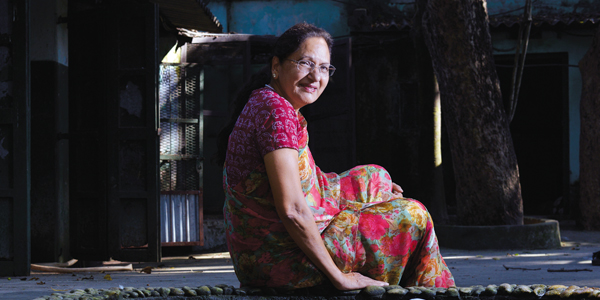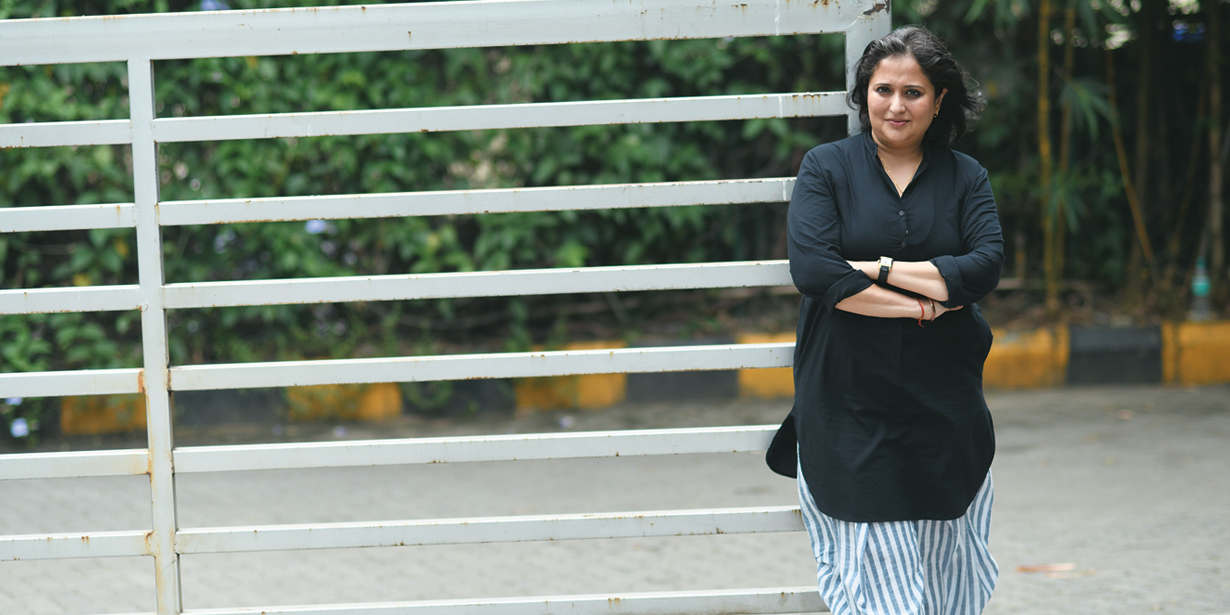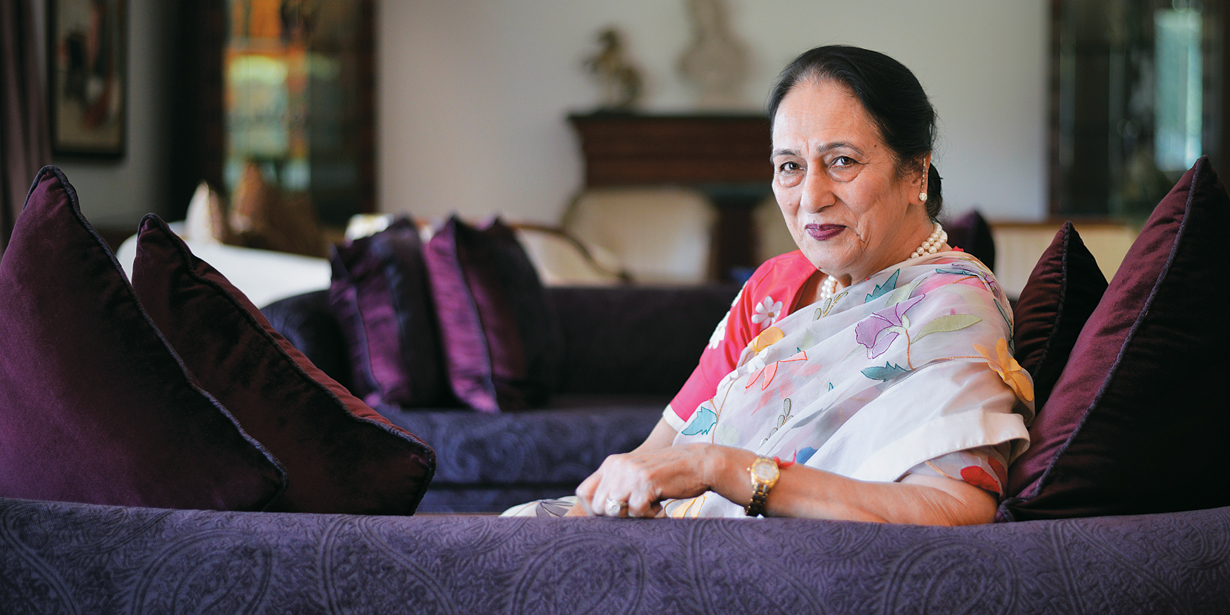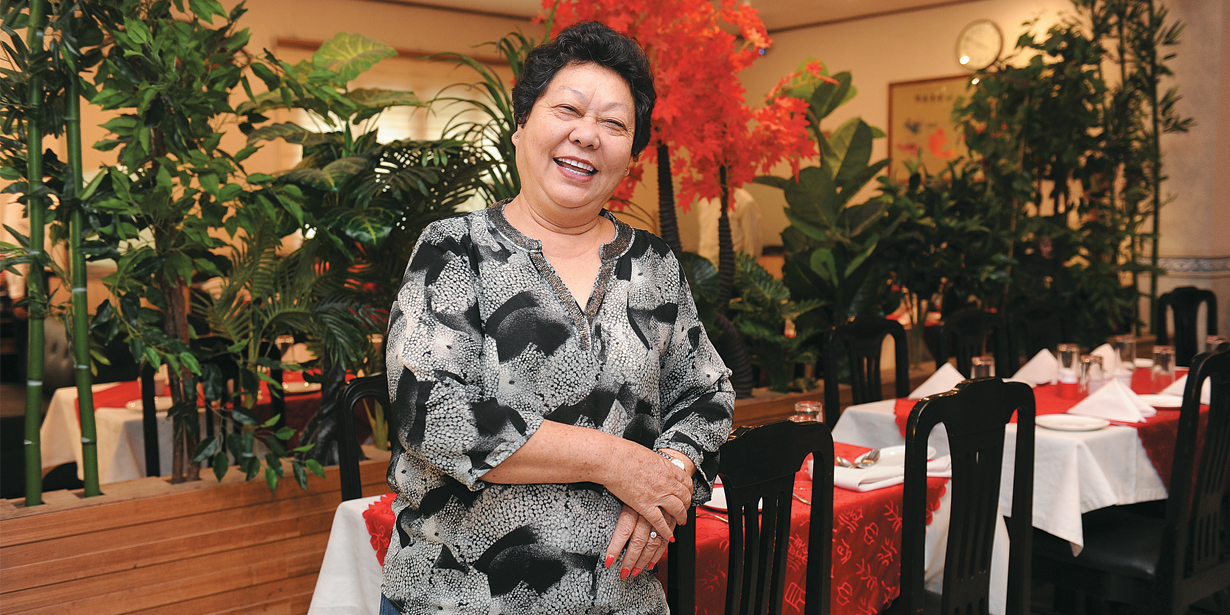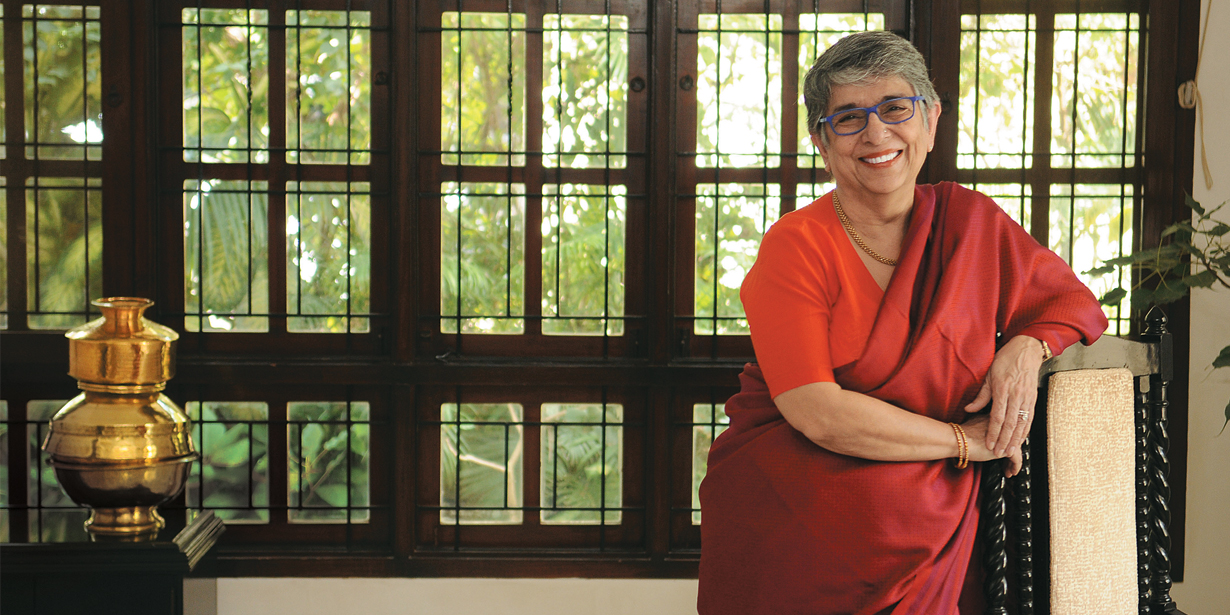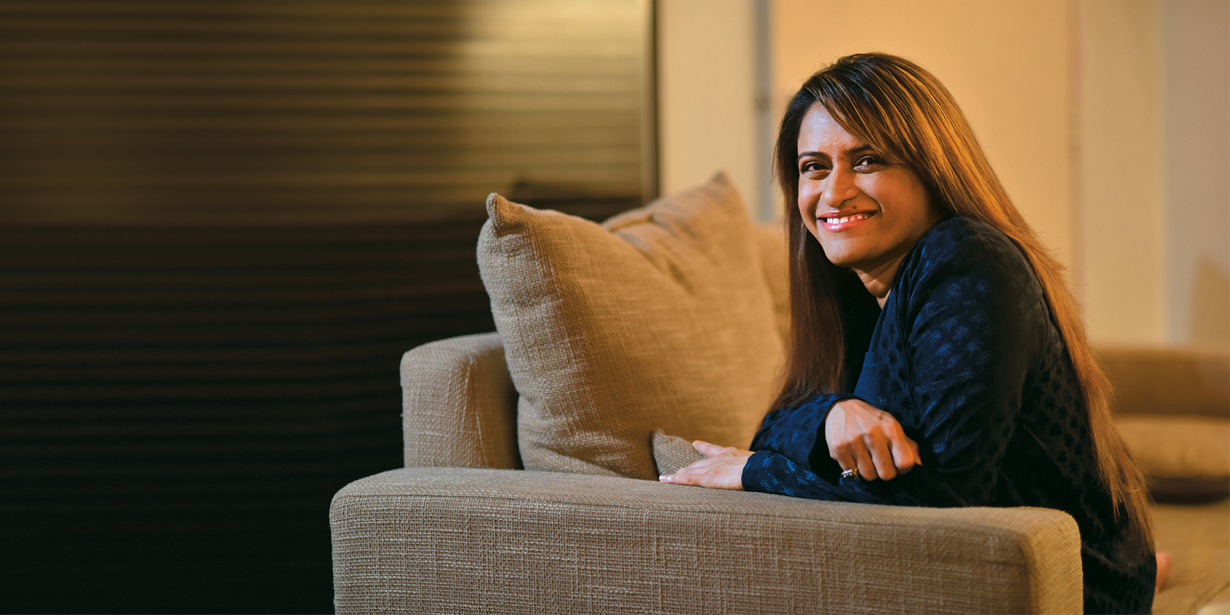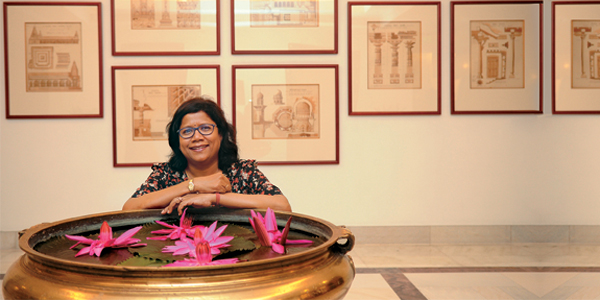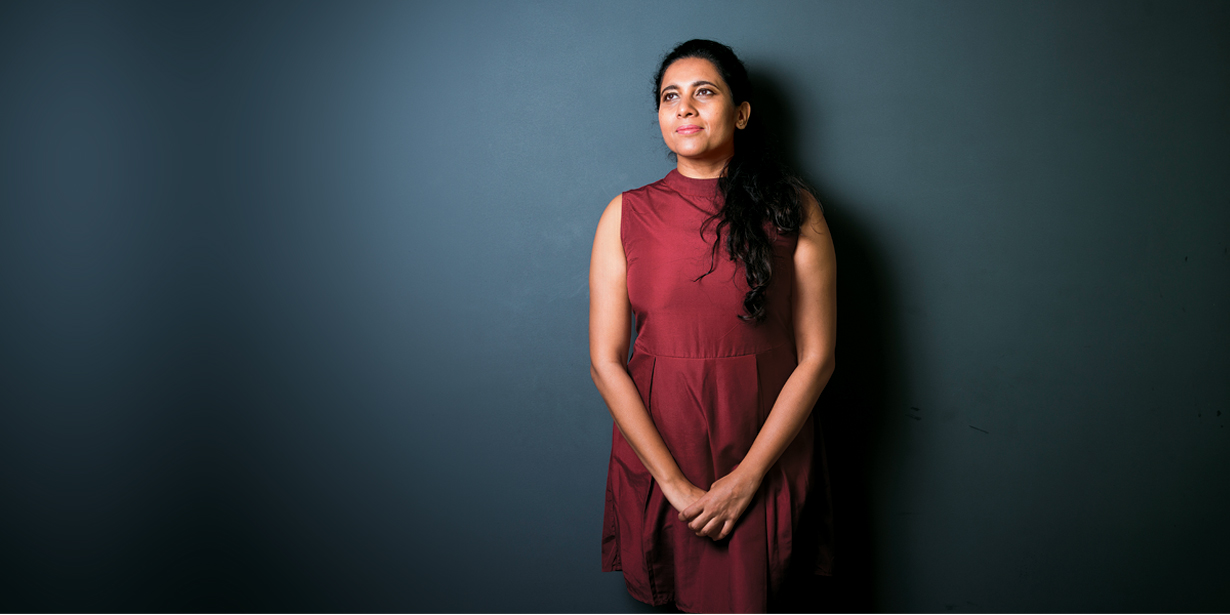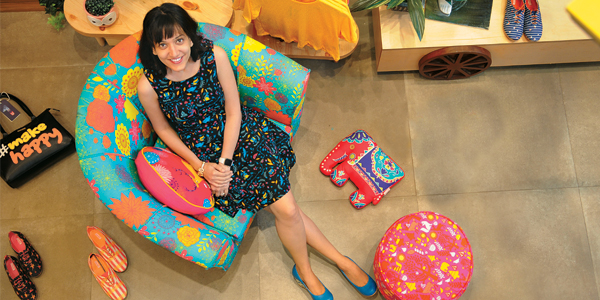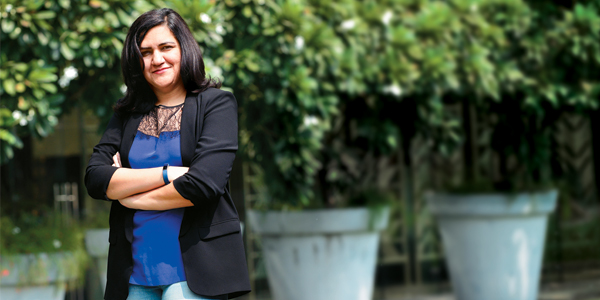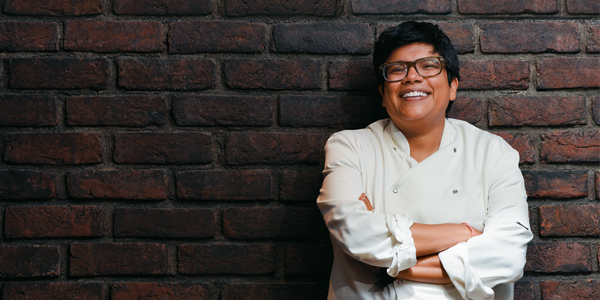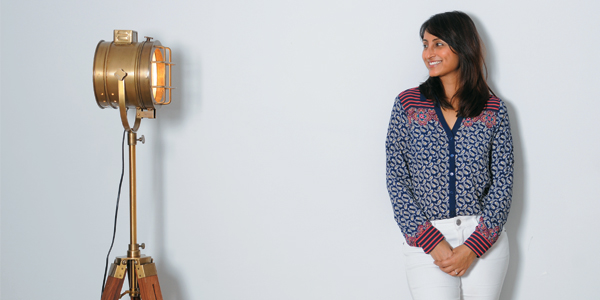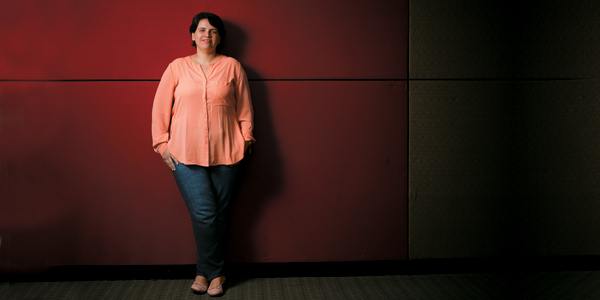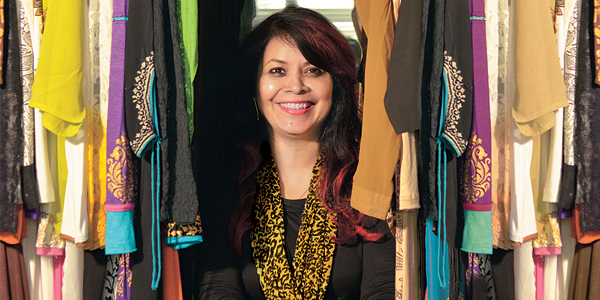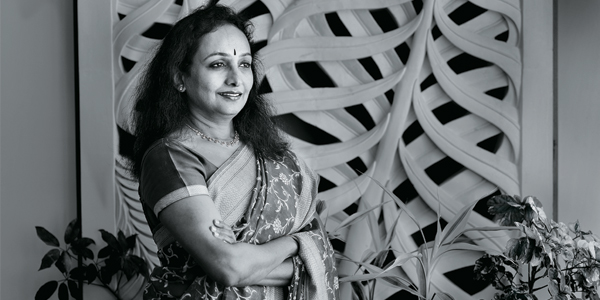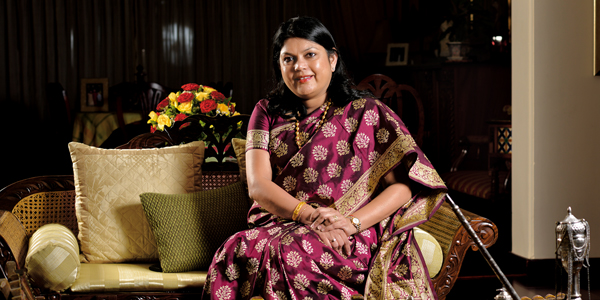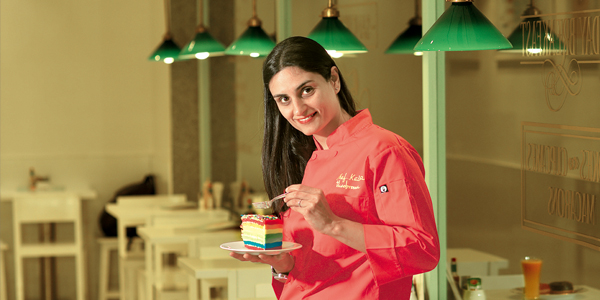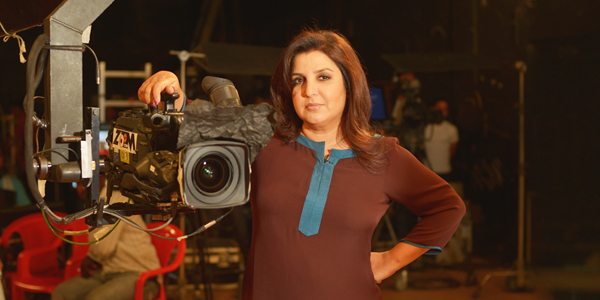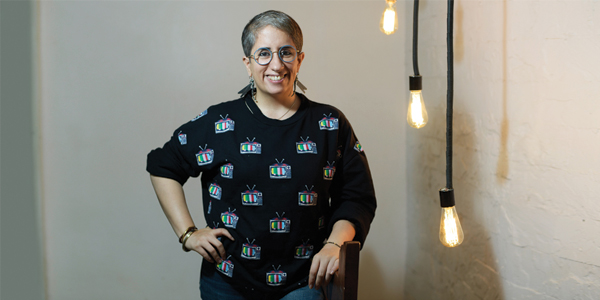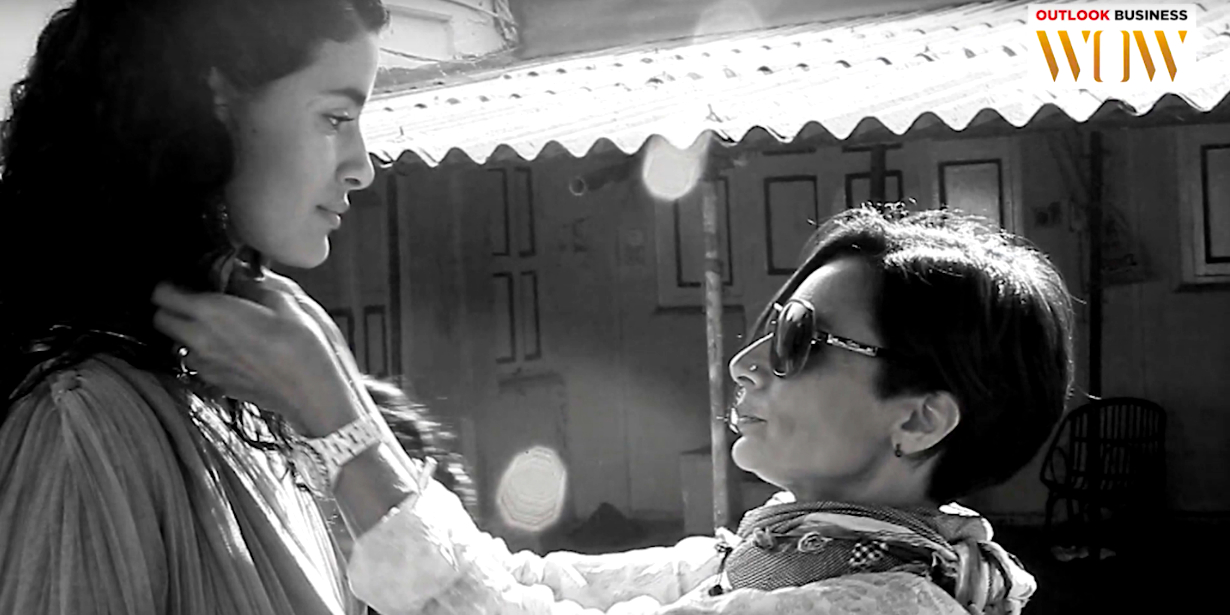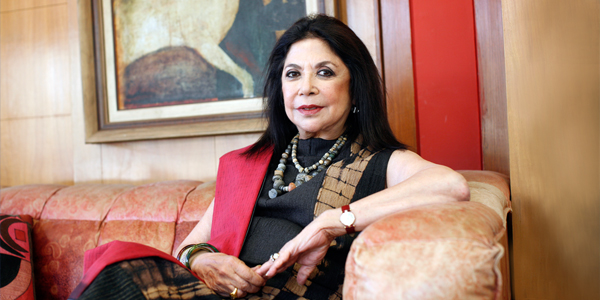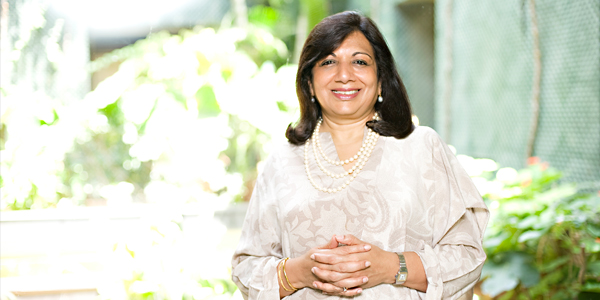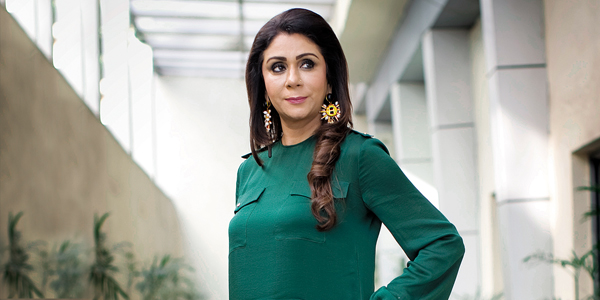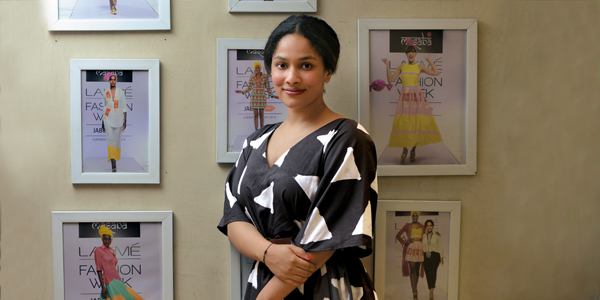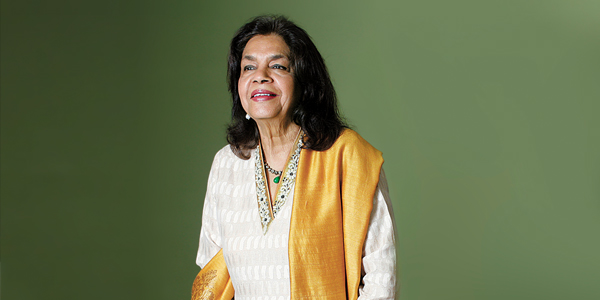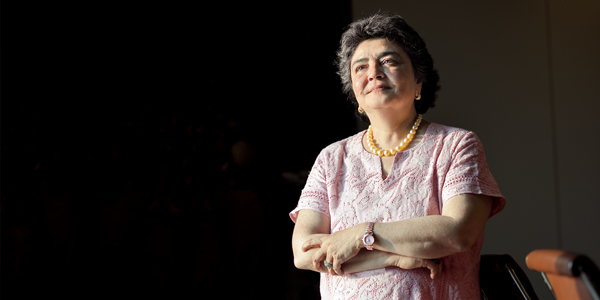How Dipali Goenka transformed Welspun into a global textile giant
Dipali Goenka was never a fan of “coffee and leisurely afternoons”. The Japiur born girl had seen her mother take charge of running the house along with managing the business, and she was determined to do the same. Precisely why, after about a decade of being a homemaker, Dipali decided to join Welspun, founded by her husband BK Goenka in 1985. The homegrown textile major was on its way to becoming one of the leading textiles manufacturers globally – and Dipali was eager to be a part of this journey.
Her entry into the business in 2002 was met with strong cynicism. Detractors opined that she has majored in psychology and is a part of this business only because she is the boss’ wife. Some also wondered if business was a passion or merely a hobby for her, and what difference she could make. “Such comments did hurt me a little at that time. But my resolve to work hard and to see what I can deliver was very strong,” says Dipali.
And over the next few years, her strong business acumen and leadership skills ensured that the naysayers were proved completely wrong. Under her leadership, Welspun diversified its portfolio of brands with Spaces and Christy. The products are currently sold across 50 countries in stores including Walmart, J C Penny and Macy’s. It is also the numero uno Home Textile exporter to US, with every 5th towel sold in US being manufactured by Welspun. What’s more, Welspun is also the official supplier of towels to the Wimbledon, Australian Open tennis championships. By 2022, Dipali is confident of achieving revenues of $2 billion.
What works in her favour is understanding her limitations and working on it. For instance, she says, being from a non-finance background meant that she also had to put in extra effort to understand and decode the balance sheet. “I believe that if you focus on what your weakness is, then you can overcome that. And that is what I did. I look at it as an opportunity to learn,” she says.
She is now keen on expanding Welspun’s domestic business (currently just 6%), tapping into newer markets like China, New Zealand, and South Africa and scaling other group businesses like flooring. Besides driving the business, Dipali is also passionate about issues like gender parity and inclusivity in the workforce. As a result, the percentage of women has gone up from 7% to 23% across the head office and factories. “I always believe that in an organization, IQ is not the only thing that will take you forward. It is also the EQ. And that is the balance women bring along,” says Dipali. And Welspun’s consistently strong growth trajectory is a clear validation of this.
